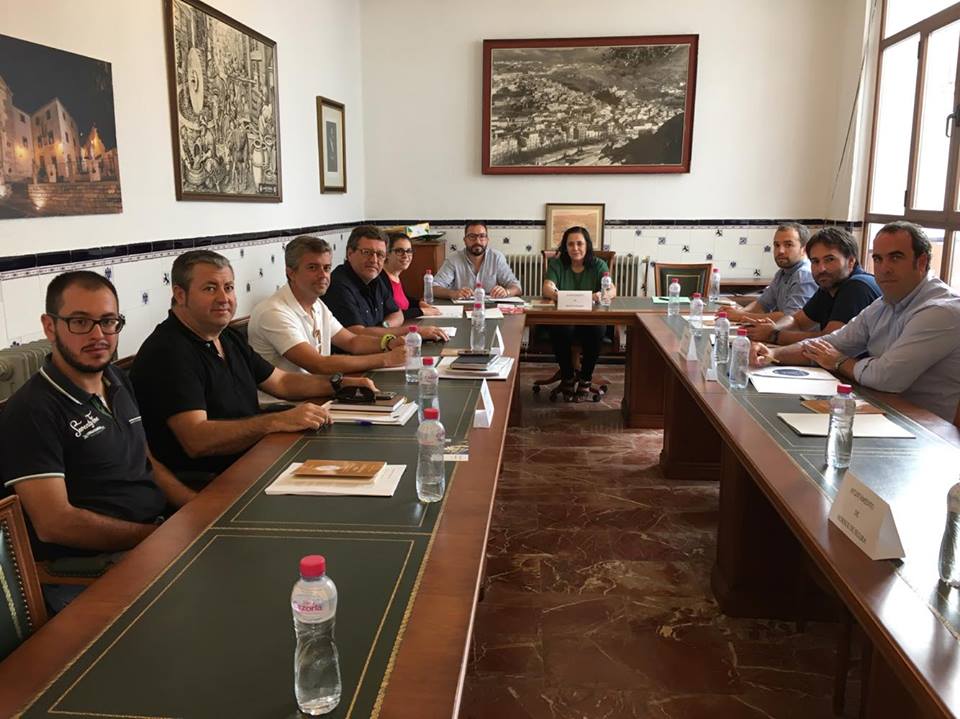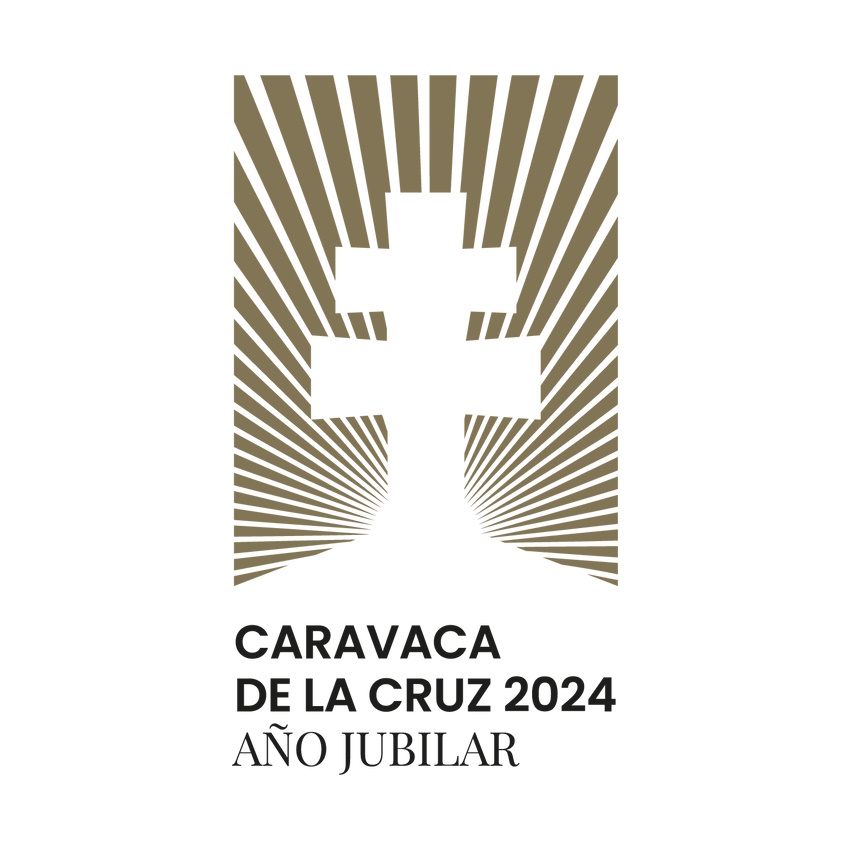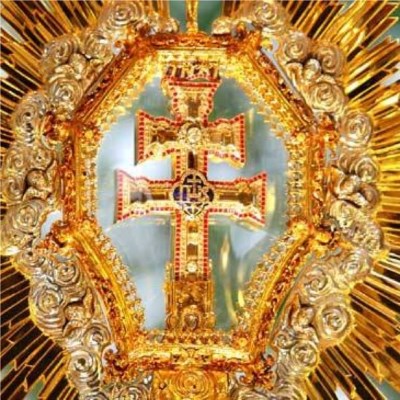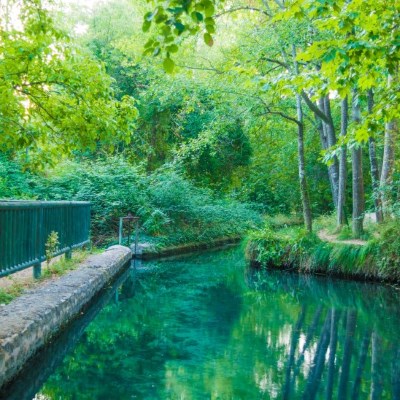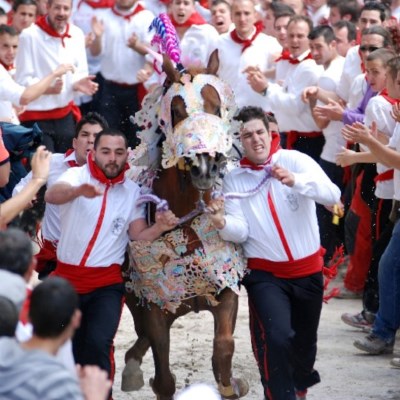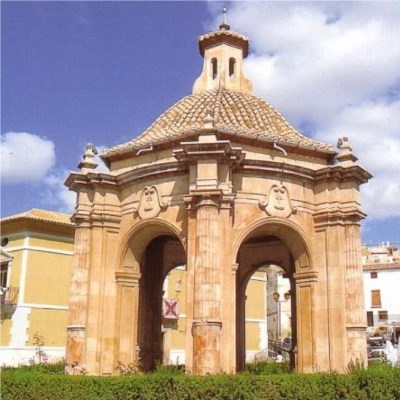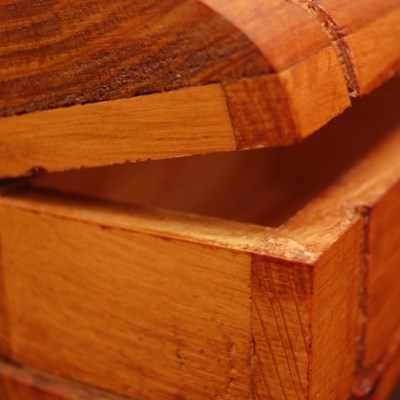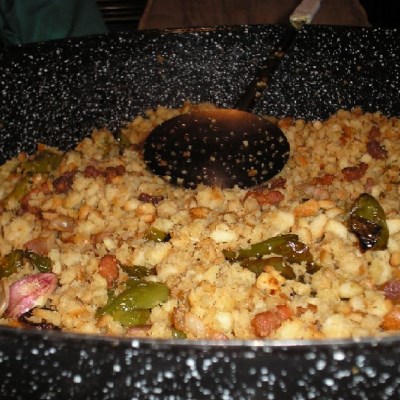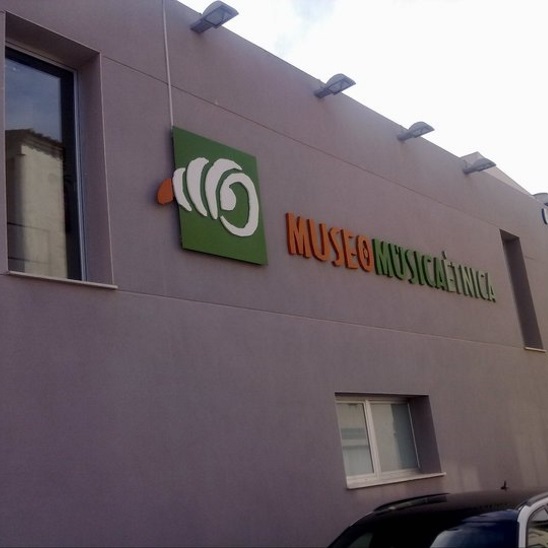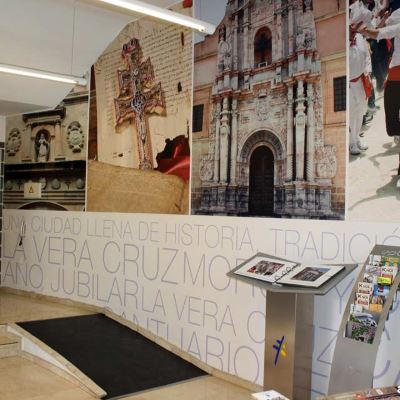The route begins in Beas de Segura and ends in Caravaca de la Cruz, with a journey of 151 kilometers, which runs through the Sierra del Segura
Representatives of the six municipalities gathered in Beas and agreed to constitute themselves as a group of cities ' Camino de San Juan de la Cruz '
18/09/17. Representatives of the six municipalities that are in the footsteps of the ' Camino de San Juan de la Cruz ' held a meeting in the town hall of Beas de Segura to address various matters related to the setting in value and promotion of this pilgrimage route, which It concludes in Caravaca de la Cruz.
One of the agreements adopted during the meeting-in which the councillor for Urbanism and Environment participated in the town hall of Caravaca, Enrique Fuentes-was the formal constitution of the Group of Cities ' Camino de San Juan de la Cruz ', which will be composed of the Municipalities of Beas de Segura, furnaces of Segura, Santiago-Pontones, Nerpio, Moratalla and Caravaca de la Cruz, which make up a historic region around the Segura River and belong to the autonomous communities of Andalusia, Castilla-La Mancha and Murcia.
The group of Cities ' Camino de San Juan de la Cruz ' will aim at the development of a tourist, cultural and patrimonial proposal, with which it is intended to make known both the work of the Mystic Carmelite and those populations that many times traveled. At least seven trips from the Santo Carmelita have been documented from these towns to Caravaca de la Cruz.
Caravaca de la Cruz and Beas de Segura provide the accumulated experience in the management of other tourist products of pilgrimage, as is the case of "traces of Teresa de Jesús", an essential part of this project around San Juan de la Cruz. The rest of the municipalities that make up the road enter in the Sierra de Segura, offering some of the most beautiful landscapes of the Spanish geography.
The ' Camino de San Juan de la Cruz ' arises with the vocation to consolidate as a pilgrimage route that allows us to get closer to the literary and spiritual legacy of the Holy Carmelite mystic, but it is also constituted as a tourist route that allows us to know the richness patrimonial, landscape and ethnographic of those villas by which he passed, ending in Caravaca de la Cruz, key destination of religious tourism, being one of the five cities in the world with a jubilee granted in perpetuity.
The journey has a total of 151 kilometers and consists of five stages (Beas of Segura-furnaces of Segura, safety furnaces-pontoons, pontoons-Santiago de la Espada, Santiago de la Espada-Nerpio, Nerpio-El Sabinar, the Sabinar-Caravaca de la Cruz).
In Beas de Segura, Santa Teresa of Jesus founded in 1575 the first convent of barefoot of Andalusia, arriving Fray Juan de la Cruz in 1578 as Prior of the Calvary of Beas and spiritual director of the nuns, after escaping the convent prison of Toledo where the shoes you Nían prisoner. In Beas forged the synthesis of his spiritual thought and composed some of his main literary works. In Caravaca it was founded in 1576, by order of Saint Teresa of Jesus, the feminine convent. The Holy One sent the friar expressly, who attended the nuns in the first chapter of the congregation. Years later, he founded a convent of friars in that city, the Convent of Our Lady of the Carmen.
